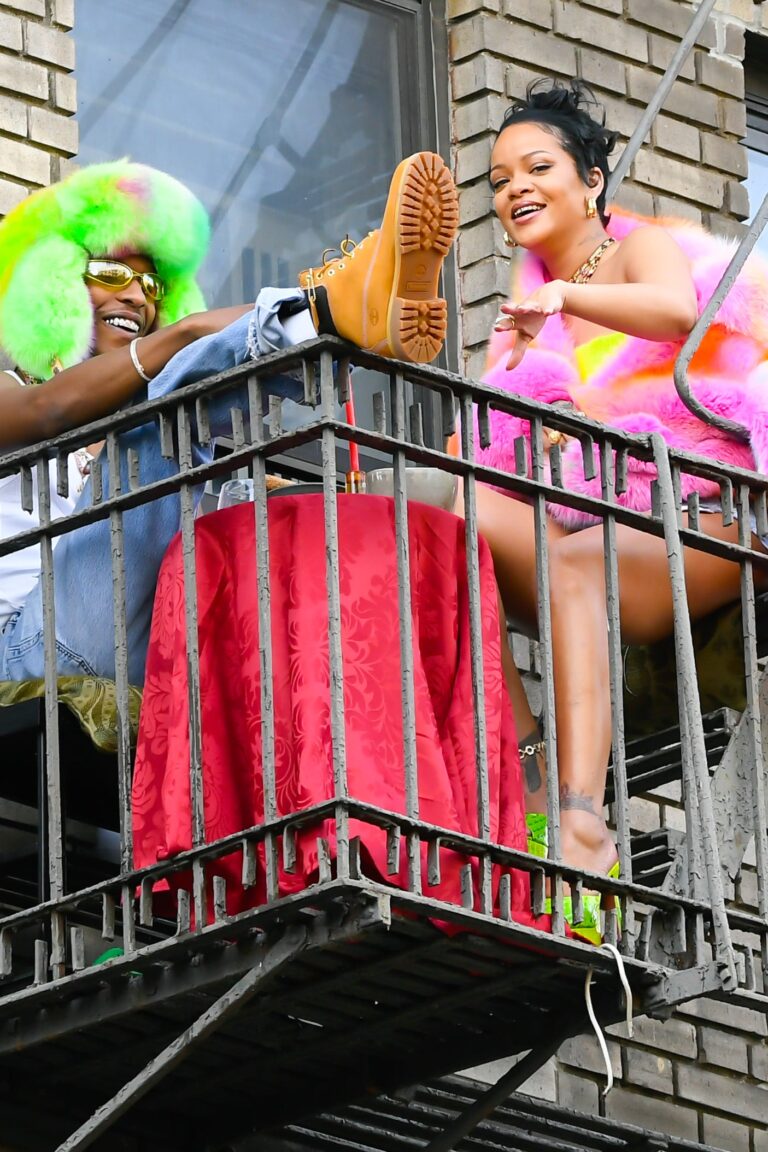
Audience
- Sentiment: Positive
- Political Group: Progressives
- Age Group: 18-34
- Gender: Female
Overview
- R. Kelly’s legal battles highlight the resilience of his victims and their pursuit of justice.
- The victims have won a significant court ruling but face challenges in receiving compensation.
- The ongoing fight is part of a larger cultural movement addressing accountability in the entertainment industry.
A Deep Dive into R. Kelly’s Legal Battles: The Fight for Justice by His Victims
R. Kelly, the once-celebrated R&B singer, is now facing an uphill legal battle that holds a significant story of resilience and the pursuit of justice by those he harmed. The recent developments in the lawsuits against him highlight not just the complexities of the music industry but also the real-life impact of abuse and the quest for accountability. This article explores the ongoing struggle faced by Kelly’s victims, the legal ramifications of their fight, and what it means to seek justice in situations of abuse.
The Background: Uncovering the Truth
Before we dive into the legal tussle, let’s take a step back and understand who R. Kelly is and why he’s in this predicament. Known for his hit songs like “I Believe I Can Fly” and “Ignition (Remix),” R. Kelly was at the zenith of his career for over two decades, earning accolades and millions of dollars. However, behind the fame and fortune lies a troubling history of alleged sexual abuse and exploitation of young women, many of whom were minors at the time.
In 2019, the Lifetime docuseries “Surviving R. Kelly” shook the entertainment industry and brought to light the disturbing accounts of several women who accused him of sexual misconduct. Their bravery in telling their stories led to a renewed examination of his actions and ultimately resulted in criminal charges. Kelly was later convicted of racketeering and sex trafficking, highlighting the fact that stars can fall from grace when their actions come to light.
The Fight for Compensation
Fast forward to today, the fight isn’t just about accountability; it’s also about ensuring that the victims receive the financial compensation they deserve. In 2022, six of Kelly’s abuse victims won a significant judgment against him amounting to $10.3 million. This included both compensatory damages, which are meant to cover the losses suffered by the plaintiffs, and punitive damages intended to punish Kelly for his actions.
But here’s the kicker: despite the court ruling in their favor, the victims have reported that they have only received minimal payments so far. Imagine winning a game but still walking away empty-handed—that’s how frustrating this situation is for them.
The plaintiffs are now taking their fight to the next level by filing another lawsuit against Kelly, his former record label Universal Music, and others involved. They argue that Universal Music should be taking responsibility for redirecting Kelly’s remaining royalties to the victims. After all, ain’t it fair that the music that brought Kelly fame also helps those he wronged?
The Role of Universal Music
So, why should Universal Music care? Well, as a major record label, they have a contractual obligation to collect and remit artist royalties. If Kelly is still earning money from his songs, you can bet he’s not just hoarding it in a piggy bank. The idea here is that the label should prioritize the well-being of the victims, especially since the money Kelly has made off his music stems from the very success that was built on the backs of his abusive actions.
The lawsuit asserts that the victims should have access to these funds while they continue to bear the emotional and psychological scars of their experiences. This brings up an interesting point: should corporations be held accountable for the actions of the individuals they represent? It’s a complex dilemma, but in this case, those affected hope that the answer is a resounding “yes.”
Emotional Toll and Resilience
As we discuss the financial aspects of this case, it’s essential to recognize the emotional toll this struggle brings to the survivors. No amount of money can truly erase the pain they endured, but having some level of compensation can help provide a sense of justice, healing, and power over their own lives. With every court appearance and every news report, their stories are back in the spotlight—sometimes it feels like reliving the trauma rather than moving on.
Yet, amidst these challenges, the resilience of these women is nothing short of inspiring. They have come together not just to fight for their own compensation but also to pave the way for future survivors of abuse. Their determination could potentially shift the culture around how we perceive and respond to sexual abuse, particularly in a society that has historically silenced victims.
The Bigger Picture: Cultural Change
In a broader sense, the fight against R. Kelly is part of a larger movement that includes #MeToo and the ongoing conversation around consent, power dynamics, and accountability in the entertainment industry. By speaking out, Kelly’s victims aren’t just seeking personal emergency funds; they’re calling attention to a pervasive issue that affects countless people.
The public discourse around these issues has become increasingly important. More artists and celebrities are now aware that their actions carry weight, and as a result, many are starting to take responsibility for their behavior. It’s essential for all of us—fans, consumers, and supporters—to think critically about the media we consume and the messages we send.
What’s Next for R. Kelly’s Victims?
As of now, the victims are standing firm, hoping to see a resolution that not only compensates them for their suffering but also reinforces a message: that accountability is essential, regardless of fame or fortune. The legal battle might be far from over, and challenges remain, but they have shown that they will not back down.
Each step they take, each lawsuit they file, sends ripples through the justice system, prompting it to evaluate how it handles cases of abuse, particularly in cases involving celebrities. This ongoing legal saga could change not just their lives, but the landscape of justice itself.
Your Thoughts?
As we wrap up this discussion, it’s clear that the fight for accountability and healing is not just about R. Kelly or his victims, but about all of us understanding the impact of abuse and the importance of standing up against it. What do you think about this situation? Should record labels be responsible for compensating victims of their artists? How can we, as individuals, help advocate for victims of abuse? Share your thoughts in the comments below; we’d love to hear from you!






